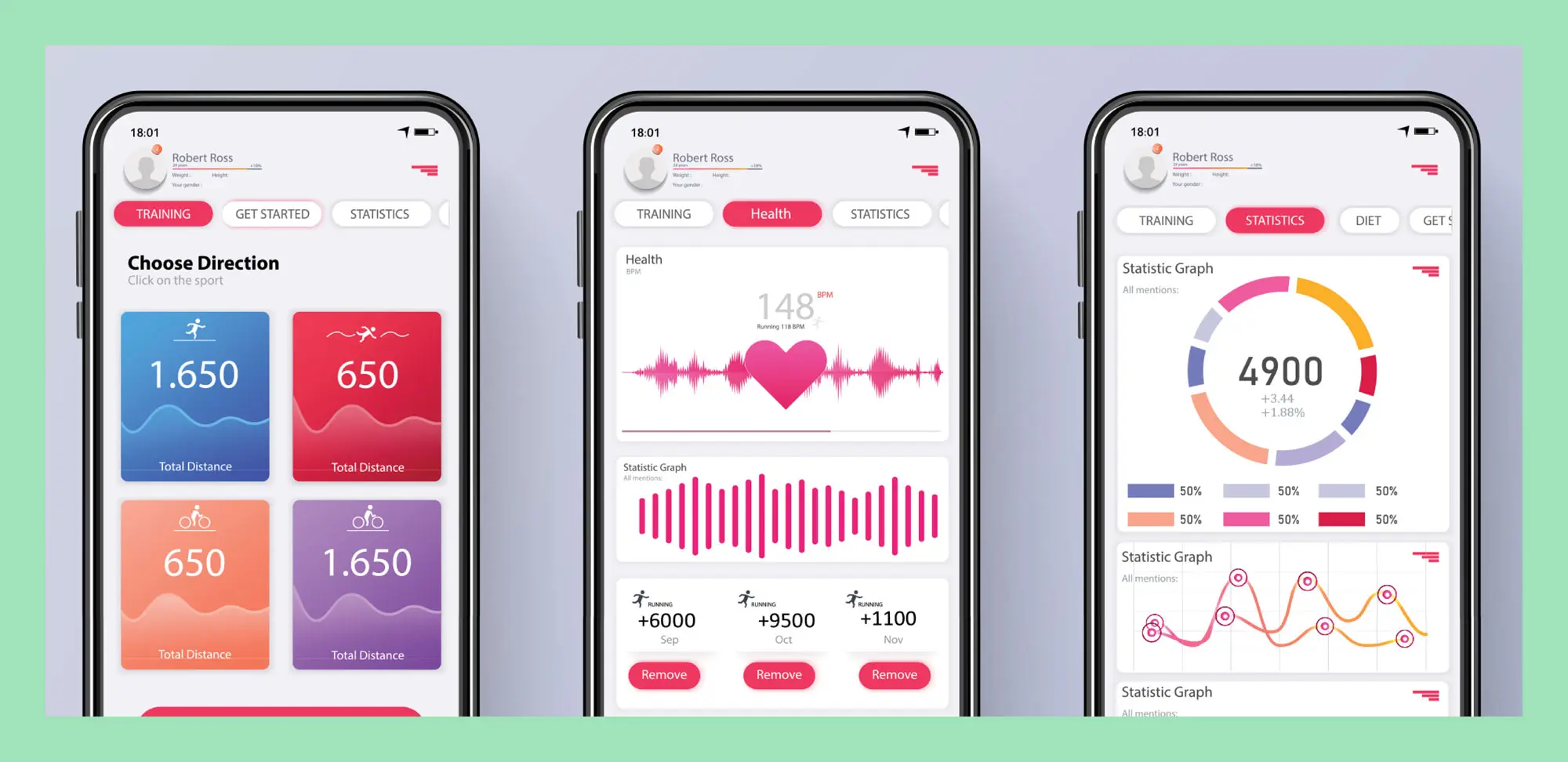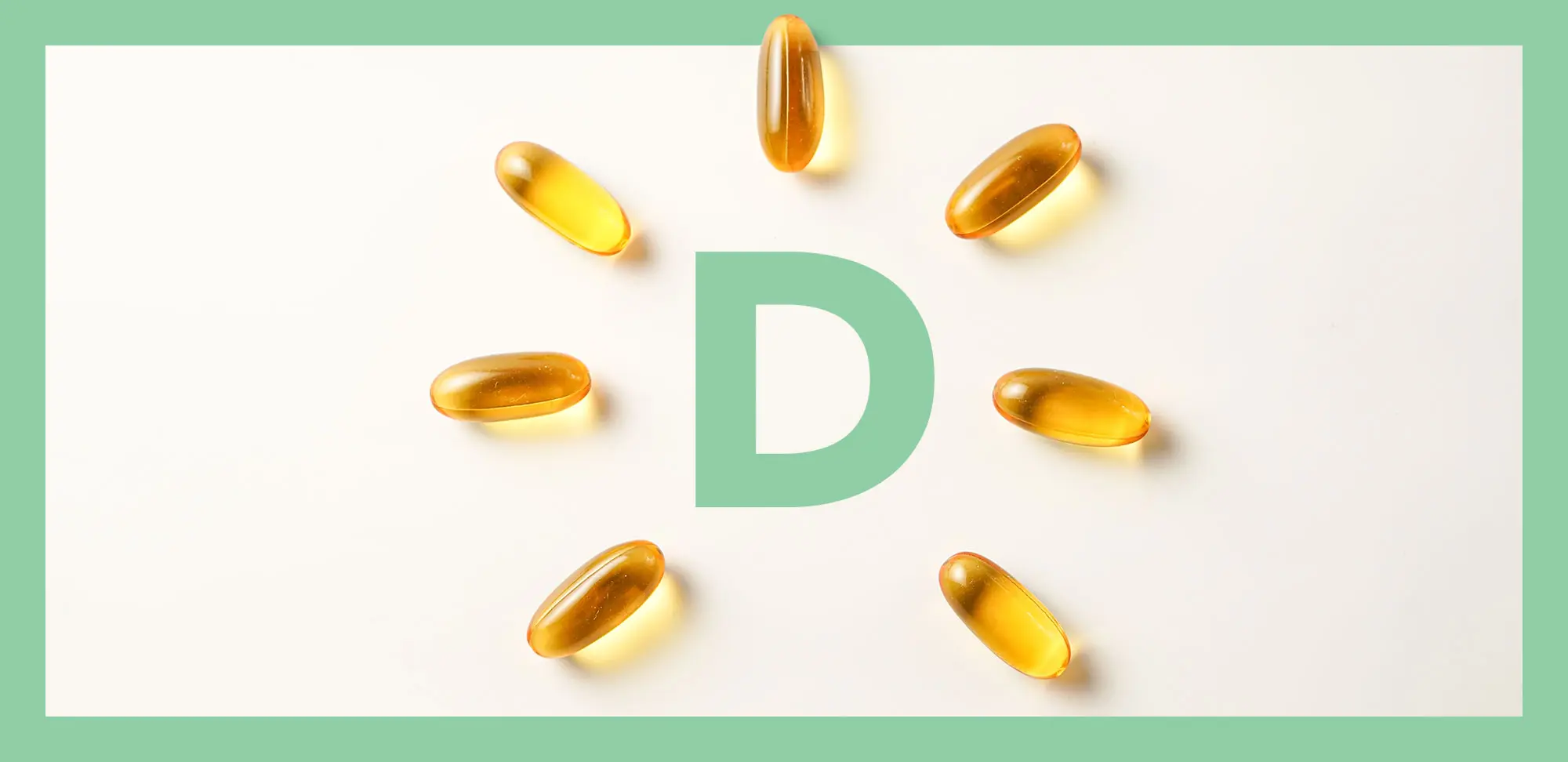There are some caveats to consider when researching supplements for brain health: Studies on them are generally small, the purity of over-the-counter supplements may be questionable and much of the potential health benefit may be lost through excretion. Also, some patients, including those taking certain medications, should not take supplements in any case.
But more and more studies point to a role for supplements in promoting brain health. Here is some of the best evidence so far. Keep in mind that these are not the only options — other supplements, such as B vitamins, may also boost cerebral well-being.
Curcumin
Studies show people who consume curry have a lower prevalence of Alzheimer’s disease (AD), the most common form of dementia. Curcumin, the main component of the turmeric plant, is an integral ingredient in many of the traditional Indian versions of this dish.
One recent study that examined the brain-boosting benefit of curcumin included 40 subjects aged 51 to 84 years who had no signs of advanced cognitive decline. Participants were randomized and received either a 90-milligram curcumin supplement or a placebo twice a day for 18 months. Investigators found that the subjects who received the curcumin scored significantly higher on certain cognitive tests, including those for attention and memory, and experienced improved mood.
The effect of the curcumin was “powerful,” says study author Dr. Gary Small, an expert on ways to slow brain aging. Small is also chair of psychiatry at Hackensack University Medical Center in New Jersey and co-author of 2 Weeks to a Younger Brain. The treated and placebo groups started to differ on cognitive measures as early as six months into the investigation. “I have been doing studies for decades and don’t often get effect sizes this large,” says Smart.
The curcumin used in his study was a bioavailable formulation called Theracurmin; it actually gets into the blood, unlike many supplements that are excreted through the kidneys. Small believes curcumin enhances brain power by reducing inflammation; inhibiting the buildup of hallmark signs of AD, such as amyloid and tau; and working as an antioxidant. “If you’re looking at mechanisms, it ticks all the boxes,” he says.
Vitamin D
Evidence links a low level of vitamin D in the blood to cognitive decline. Studies also show that getting optimal levels of vitamin D may actually have a protective effect against Alzheimer’s disease.
In one study, Chinese investigators randomized 210 people with early-stage Alzheimer’s disease. Participants received either 800 international units (IU) of vitamin D or a placebo every day for 12 months.
Researchers found the vitamin D supplement improved various measures of cognitive function and had a positive impact on Alzheimer’s disease biomarkers, such as beta-amyloid. They think it may protect the brain by reducing inflammation and having a positive impact on cell growth, immune function and glucose metabolism.

Omega-3 fatty acids
Research suggests an omega-3 fatty acid supplement might be able to prevent dementia, but perhaps only in certain populations. People who carry an APOE gene are particularly vulnerable to developing AD if the omega-3 level in their blood dips below a certain level, so scientists are wondering if supplementation might help lower their risk.
Pills aren’t the only option for getting more of these important fatty acids. Consuming omega-3-rich foods, such as fatty fish (like wild salmon, mackerel, albacore tuna and sardines) can improve brain health too.
Cocoa flavanols
Evidence suggests that flavanols, antioxidant-rich nutrients found in berries, grapes, apples, tea and cocoa, protect against cognitive aging. But why and how have been unclear until now.
A recent study in healthy men showed that consuming a drink packed with cocoa flavanols improved cognitive performance by boosting brain oxygenation levels. This elevation appeared to translate into improved performance on more complex — but not on easier — cognitive tasks. However, it’s unclear if these improvements would be seen in older, less-healthy adults and how long any cerebrovascular or cognitive benefits would last.
Coffee extract
An extract made from the fruit of the coffee plant appears to boost brain function. One study looked at the impact of various food extracts on brain-derived neurotrophic factor (BDNF), a protein critical for learning, memory and higher thinking. Groups of healthy subjects who had been fasting consumed a single 100 milligram dose of each extract. While green-coffee and grape-seed extracts increased levels of BDNF in the blood by about 31 per cent shortly after ingestion, the coffee-fruit concentrate increased it by a whopping 143 per cent.
Neuriva, a product that includes coffee-fruit extract, also includes phosphatidylserine. This compound, says Small, includes a component of cellular membranes in the brain, and may improve memory, learning and concentration.










